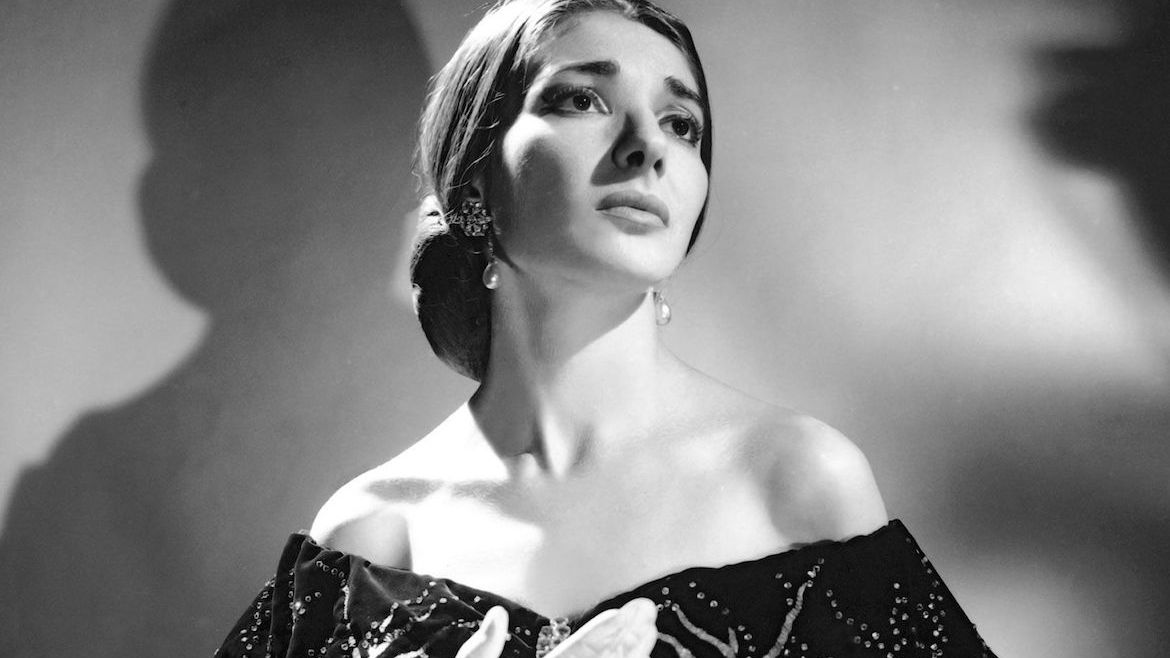“Là Ci Darem La Mano” from “Don Giovanni”: Mozart’s Most Seductive Duet
Don Giovanni (or Don Juan) is one of literature’s most infamous seducers. In Mozart’s two act 1787 opera—a sublime blend of comedy, melodrama, and supernatural elements— the character takes on a new and intriguing complexity. As the cultural historian, James H. Johnson writes in his essay, Sincerity and Seduction in Don Giovanni, Mozart and the librettist, Lorenzo Da Ponte, “deliberately employ a tone of sincerity that keeps to the surface in conveying Giovanni’s …







